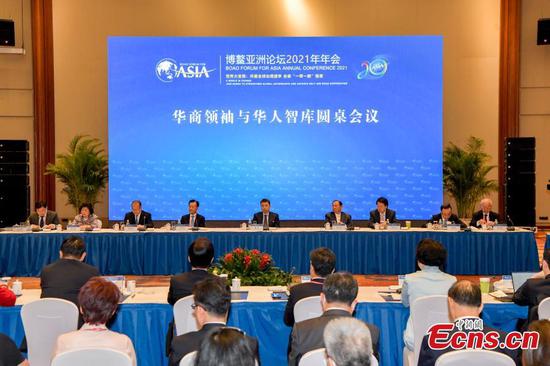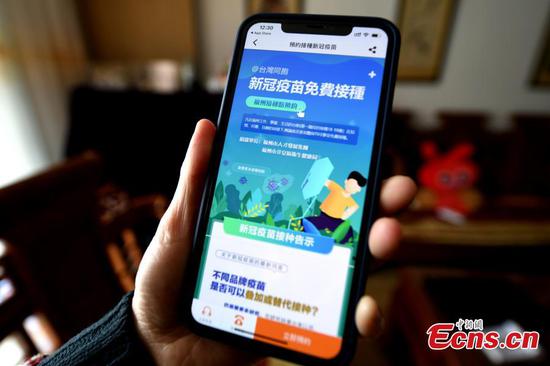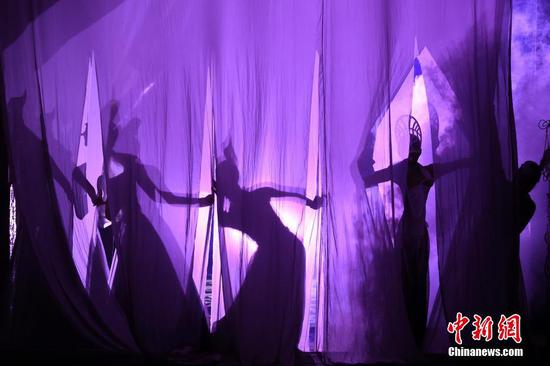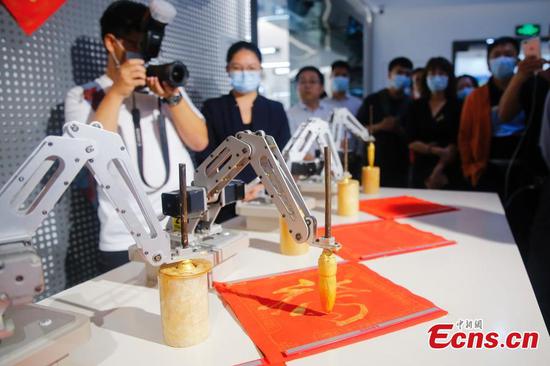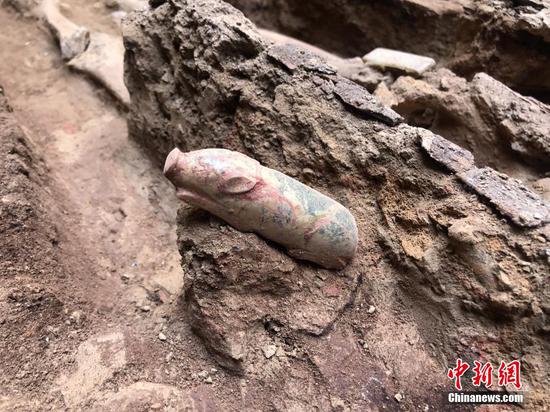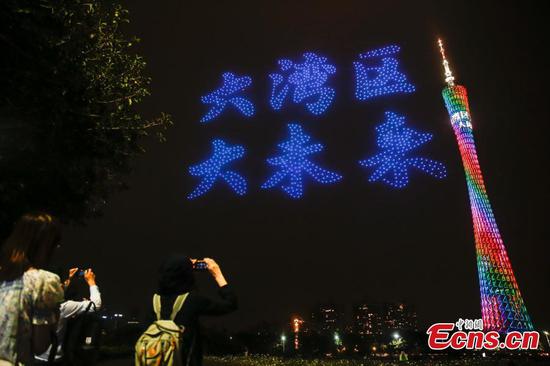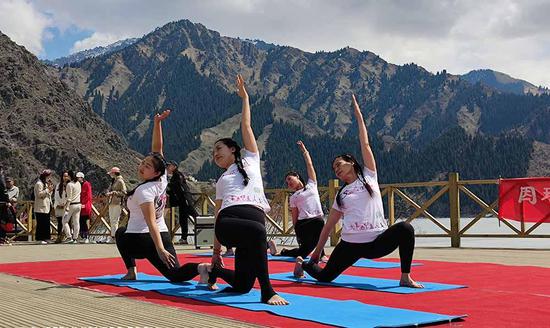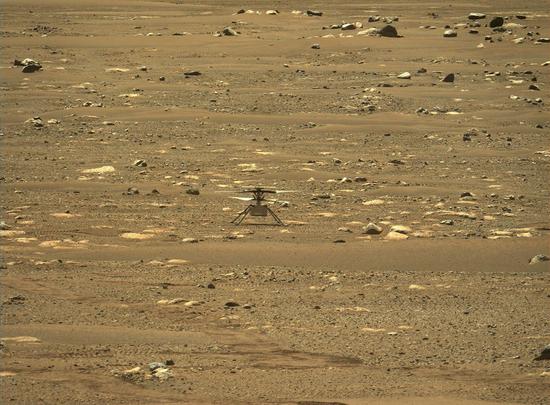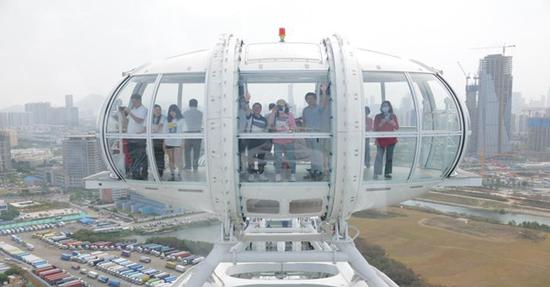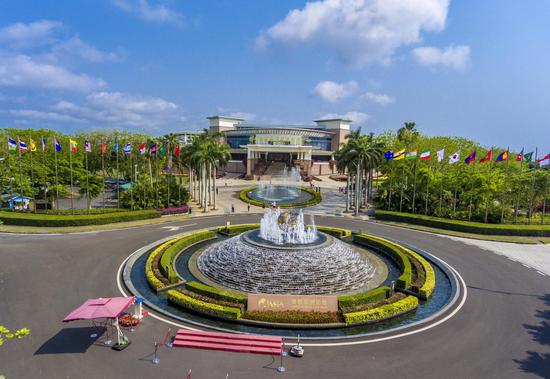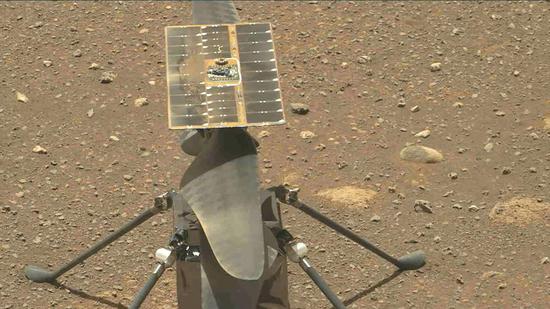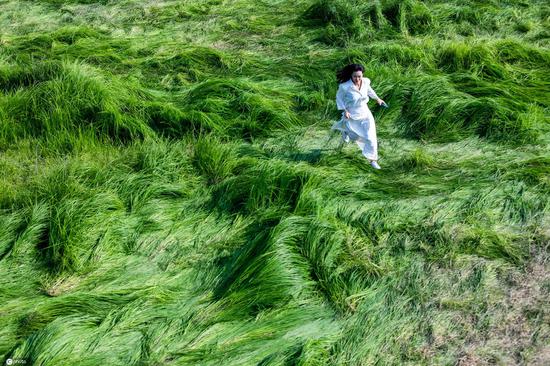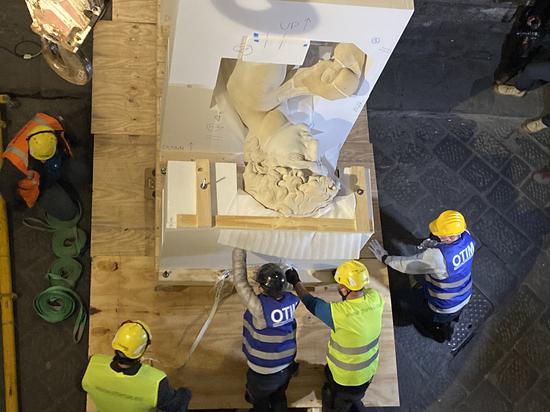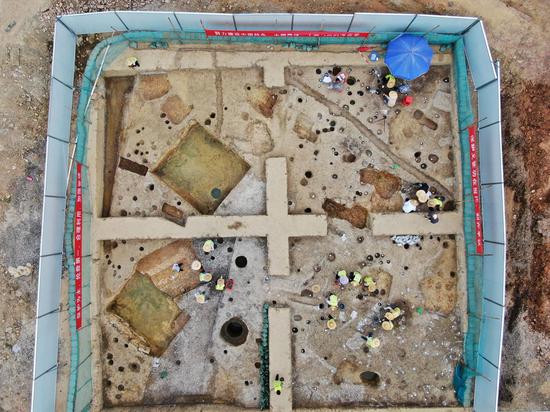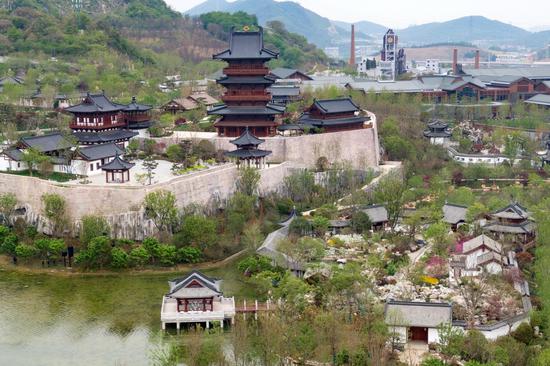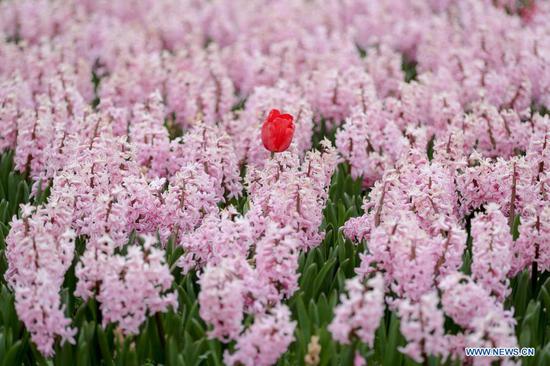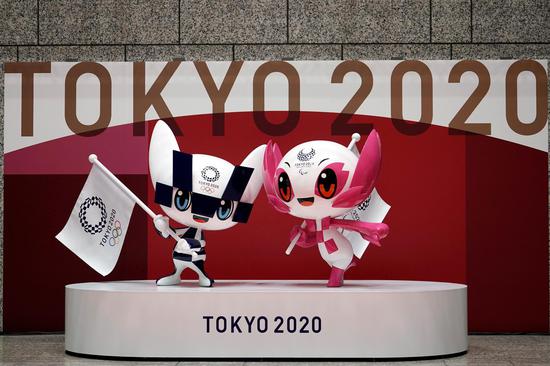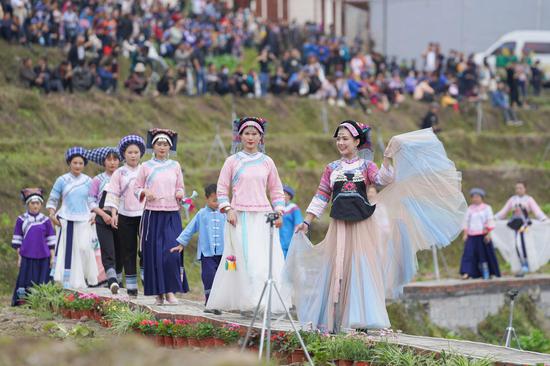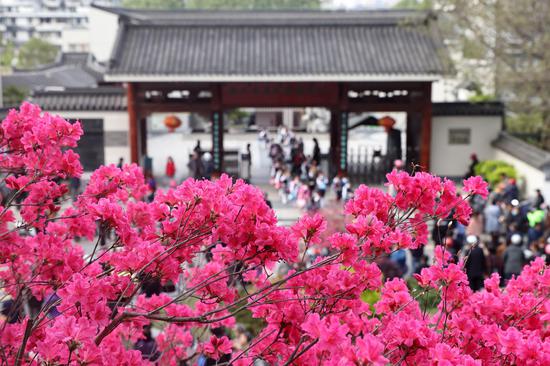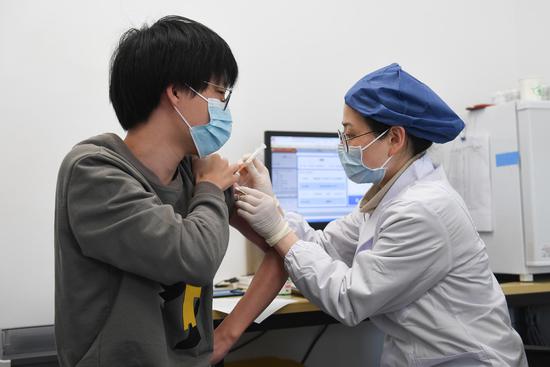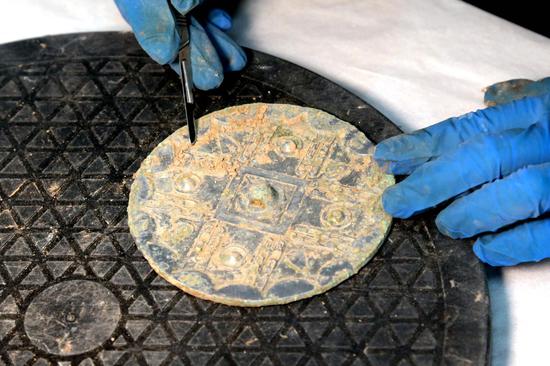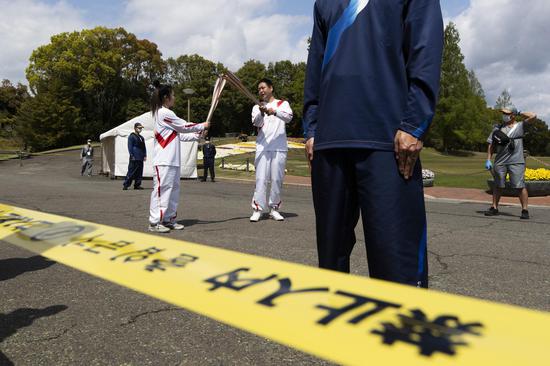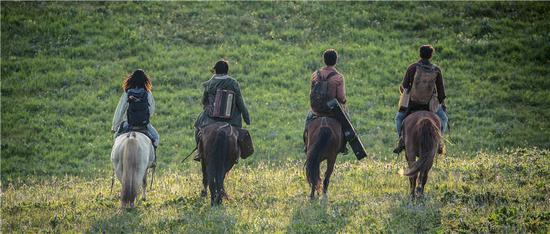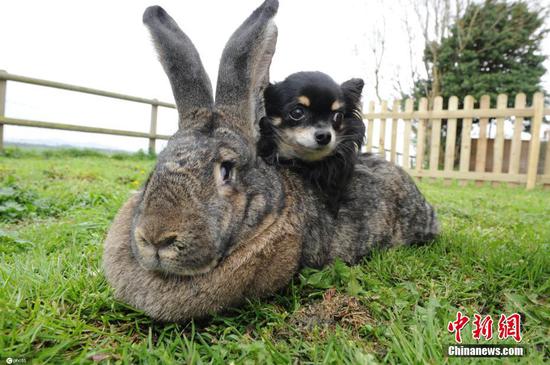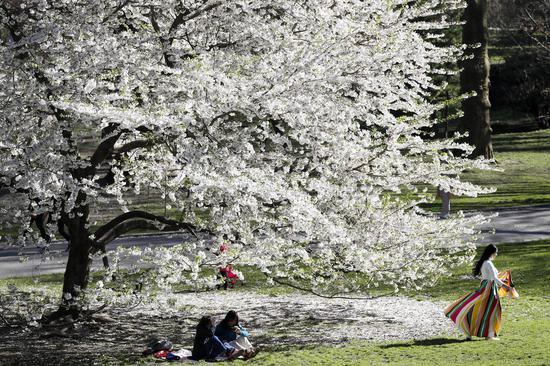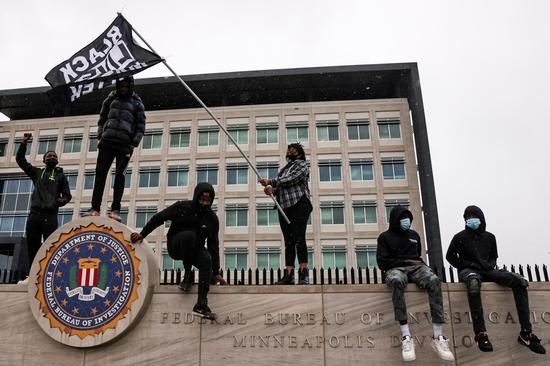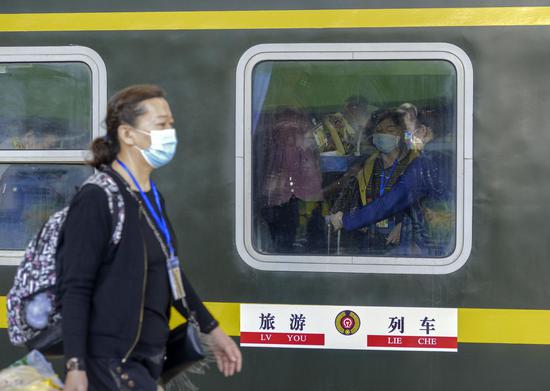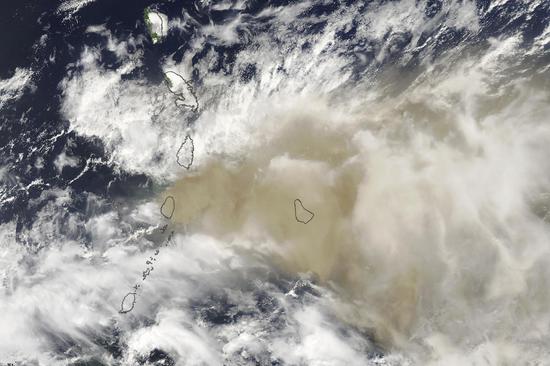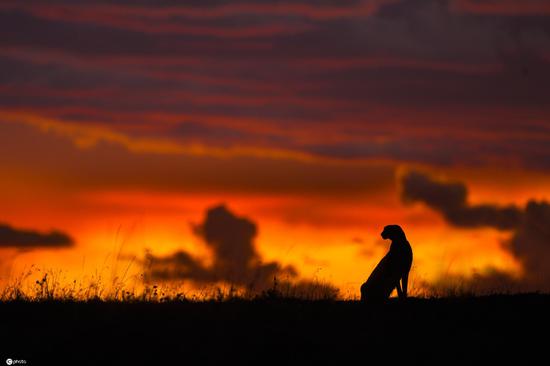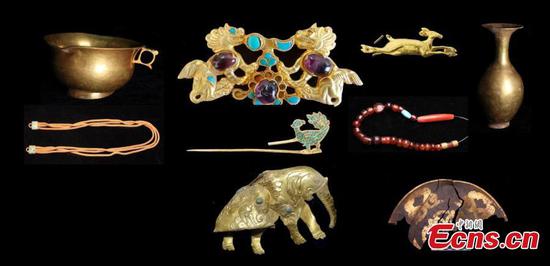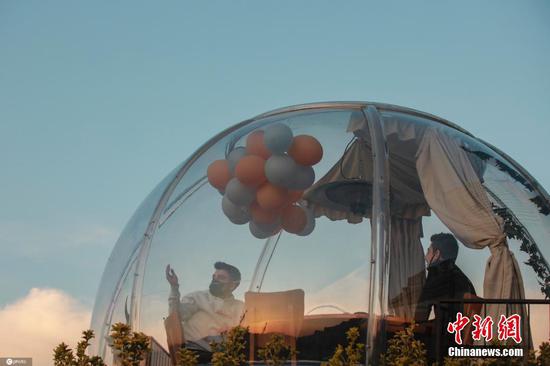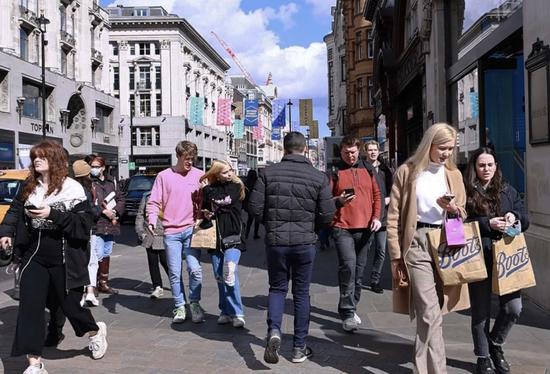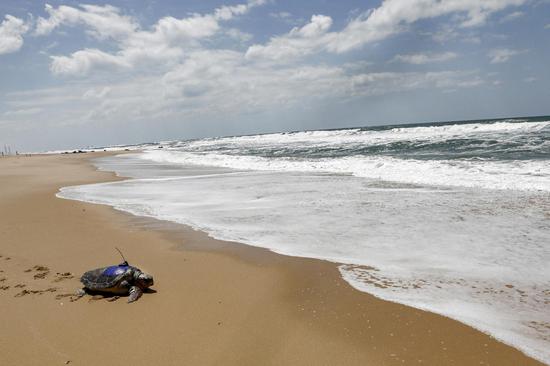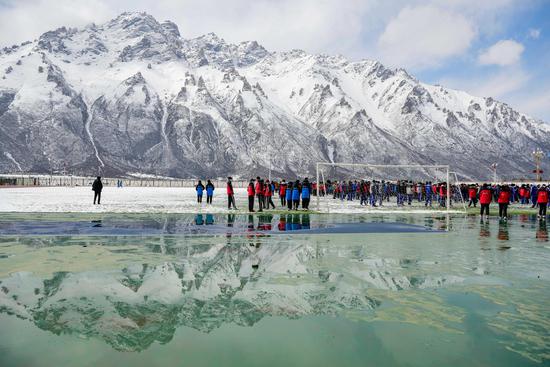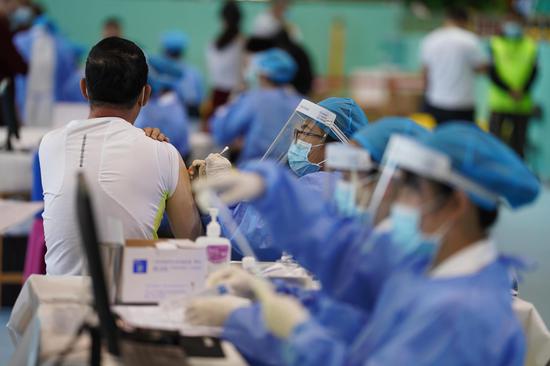Japanese Prime Minister Yoshihide Suga sent a ritual offering on Wednesday to the notorious Yasukuni shrine, seen as a symbol of Japan's past militarism, on the occasion of its spring festival.
Suga will not, however, visit the controversial shrine in person during the two-day festival through Thursday.
The Japanese leader took the same approach for the shrine's autumn festival last October when he also sent a ritual "masakaki" tree offering. His cabinet members also refrained form visiting the shrine during the last autumn festival.
Suga's ministers have said they will also refrain from visiting the war-linked shrine in the upcoming days, although health minister Norihisa Tamura and Shinji Inoue, the minister for the world exposition in Osaka, also sent ritual trees to the spring festival.
Yasukuni shrine, which honors 2.5 million Japanese war dead including 14 Class-A convicted war criminals in World War II along with its historically inaccurate museum, is a testament to Japan's past militarism. The Shinto shrine has long been a source of diplomatic friction between Japan and its neighbors.
Visits and ritual offerings made in person or by proxy to the infamous shrine by Japanese leaders, officials and lawmakers have consistently sparked strong criticism from and hurt the feelings of China and South Korea and other countries brutalized by Japan during WWII.
Suga's predecessor, ex-prime minister Shinzo Abe was the last prime minister to visit the controversial shrine in person in December 2013, when he was strongly condemned by China and South Korea, as well as the United States, who said at the time that it was disappointed with Abe's decision.
Abe sent a ritual offering to Yasukuni shrine during its spring and autumn festivals every year since he launched his administration in 2012.









